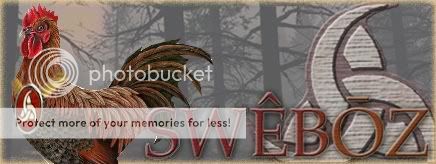Hi,
I had an argue about wether Belgae where Kelts or Germans. I tought it where Kelts wich spoke a Celtic language and shared some common stuff with Gauls, "Brittons" and Germans but were more like an "own kind" of people who had Celtic culture. The other ones said that Belgae were Germans and spoke German. So who's right? and what did they speak and how similar to Gauls, Germans and Brittons were they,...?
I know it doesn't has to do with EB but I figured that if there would be a place where people know about this stuff it would be here.
anyway, thx in advance.





 Reply With Quote
Reply With Quote











Bookmarks